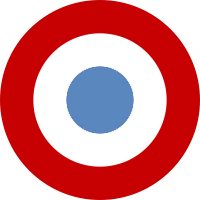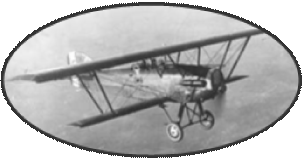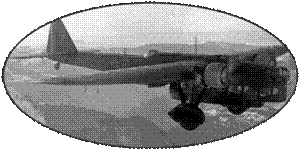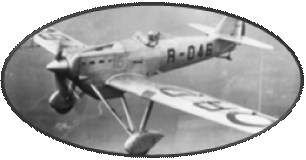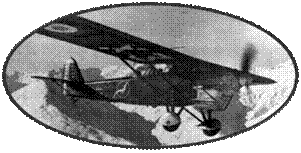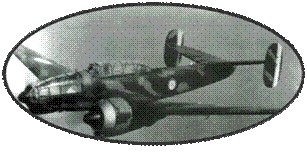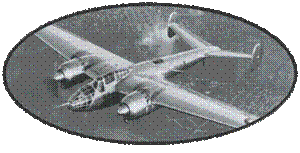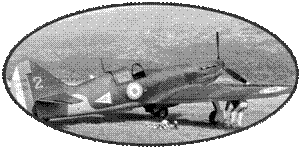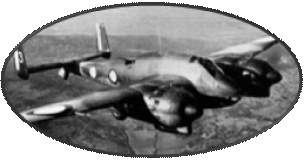Until
1934, the SECM-Avions Amiot (Company of stamping and mechanical
constructions) designed aircraft such as Amiot 143, whose aerodynamics
was not the main quality ... Amiot version 144 , although fitted
with a retractable landing gear and extrados flap, remained of
an ancient conception incompatible with modern air warfare.
The design office, headed by Jean Calvy, therefore began in 1934
the design of a modern twin-engine aircraft. The fuselage, free
from protruding turrets detrimental to good aerodynamics, was
of reduced and slender section, carried by a median wing, of trapezoidal
shape. It has a retractable train. His model is unveiled to the
public at the Salon de l'Aéronautique of 1934 under the designation
"E7". The estimated performances announced by the manufacturer
promised a maximum speed of 414 km / h, remarkable performances
for the time.
This
first test was followed by the Amiot 340 BR3 (Bombardement de
représailles triplace) derived from the E7, then Amiot 341 B4
in response to "Plan 1" or "Plan of 1023" issued by the recent
Ministry of Air . The new aircraft has a fuselage with a circular
section of high purity. However, it was under the denomination
of "long postal fast" that it was presented at the Salon de l'Aéronautique
in September 1936, despite the presence of the hatches of the
bomber bay under the fuselage fuselage of the aircraft. .. In
1937, the prototype Amiot 341 was transformed into a raid plane
in order to participate in the Paris-New York race. This one was
canceled, but the aircraft, which was completed, made its first
flight on July 25, 1937 in Istres under the designation Amiot
370. This one is a twin-engine monoplane of two-seater raid with
wing to cantilever, motorized by two Hispano-Suiza 12Yjrs / Ykrs
860 ch. It is made entirely of metal and has a very thin circular
fuselage without a cockpit, the crew taking up a position in the
front glass. It receives the F-AREU registration.
The
aircraft, piloted by Maurice Rossi, seconded by his navigator
André Vigoux, realized eleven speed records. On February 8, 1938,
it flew at 437 km / h over 2000 kms without load and with load
(500, 1000 and 2000 kg), thus breaking the international record.
On June 8, 1938, he attacked the record speed over 5000 kms. He
made a flight at 401 km / h with and without load (500 and 1000
kg), setting a new record.
On
15 and 16 August 1939, this time with Radio-navigator Esmond,
he set a new record for the distance of 10000 kms with an average
of 311 km / h (33 flight hours ...)
After
the Armistice, the Vichy Government obtained authorization from
the Germans to resume postal links to Madagascar and Djibouti
under the colors of Air france. The Amiot 370 is modified to allow
it to carry 1500 kg of mail or goods. It receives additional tanks
and carries out a first linkage to Djibouti with stopover in Athens
on 22 and 23 July 1941. It will carry out twelve missions until
November 1942. One finds the apparatus stored in Toulouse at the
Liberation. At the request of Maryse Hilz, he was transferred
to Colombes to be rehabilitated and received the name of "Commandant
ROSSI" for this occasion. Unfortunately, Maryse Hilz disappeared
on 30 January 1946 at the controls of his Siebel 204 and Amiot
370 is sent to the breakage in 1947.
